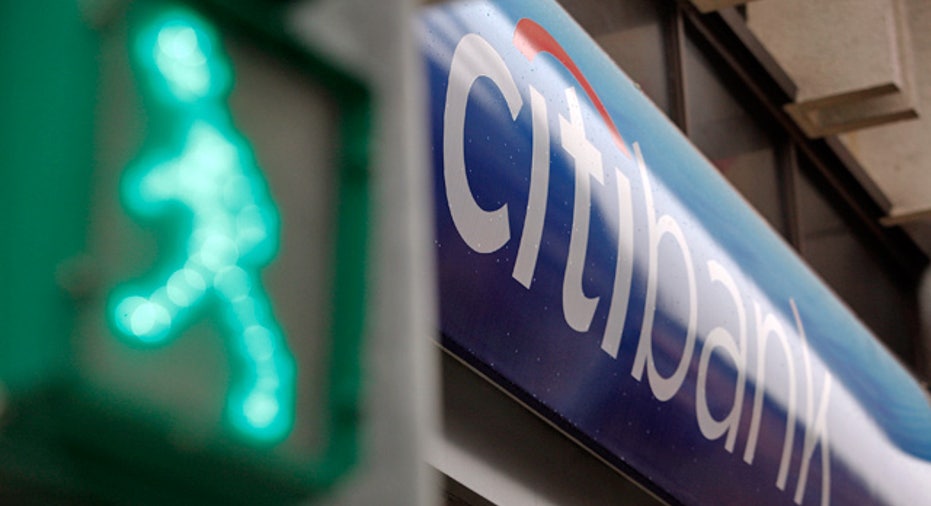Citi to Pay $285M to Settle Charges it Misled Investors

Citigroup (NYSE:C) agreed on Wednesday to pay $285 million to settle charges from regulators that it misled investors in a complex mortgage security that imploded during the housing market crash.
The charges stem from a $1 billion collateralized debt obligation known as Class V Funding III that New York-based Citi bet against despite having structured and marketed the security to investors, the Securities and Exchange Commission alleges.
The SEC said Citi “negligently misrepresented” and was “materially misleading” to the investors in the CDO. The agency also said Citi didn’t tell investors in marketing materials that it had handpicked about half of the assets in the security.
Just months after the security closed, about 83% of the CDOs in the Class V Funding III investment portfolio had been downgraded by credit companies as the housing market blew up.
Emails released by the SEC in its complaint spell out how market participants felt about the CDO that Citi was marketing to investors and simultaneously betting against.
The portfolio is “dogsh!” and “possibly the best short EVER!,” wrote one unnamed experienced CDO trader, the SEC said. Another “experienced” CDO collateral manager, who was also unnamed, said the “portfolio is horrible.”
The SEC said Citi received $160 million in net profits through fees and trading gains from the deal, but the CDO itself defaulted, leaving investors with big losses.
“The securities laws demand that investors receive more care and candor than Citigroup provided to these CDO investors," Robert Khuzami, director of the SEC's division of enforcement, said in a statement. "Investors were not informed that Citgroup had decided to bet against them and had helped choose the assets that would determine who won or lost."
At the same time, the SEC has charged Brian Stoker, who was in charge of structuring the CDO transaction for Citi. Additionally, the SEC charged Credit Suisse’s (NYSE:CS) asset management unit, which served as the collateral manager for the deal, and Samir Bhatt, the Credit Suisse portfolio manager responsible for the CDO.
"As the collateral manager, Credit Suisse also was responsible for the disclosure failures and breached its fiduciary duty to investors when it allowed Citigroup to significantly influence the portfolio selection process,” said Kenneth Lench, chief of the structured and new products unit at the SEC’s division of enforcement.
The settlement with the SEC requires Citi to pay $160 million in disgorgement, plus $30 million in prejudgement interest and a $95 million penalty. The SEC said Citi will also be required to take remedial action in its review and approval of similar offerings in the future.
However, as is often the case, the SEC settlement did not require Citi to admit to or deny the allegations against it.
Shares of Citi had a muted reaction to the news and were recently up 1.97% to $30.47.
The SEC has been criticized by Occupy Wall Street protestors and others for not cracking down enough on wrongdoing committed during the financial crisis.
During a conference call on Wednesday, Khuzami said the SEC has recovered about $2 billion in cases of misconduct of Wall Street executives in deals since the financial crisis.



















